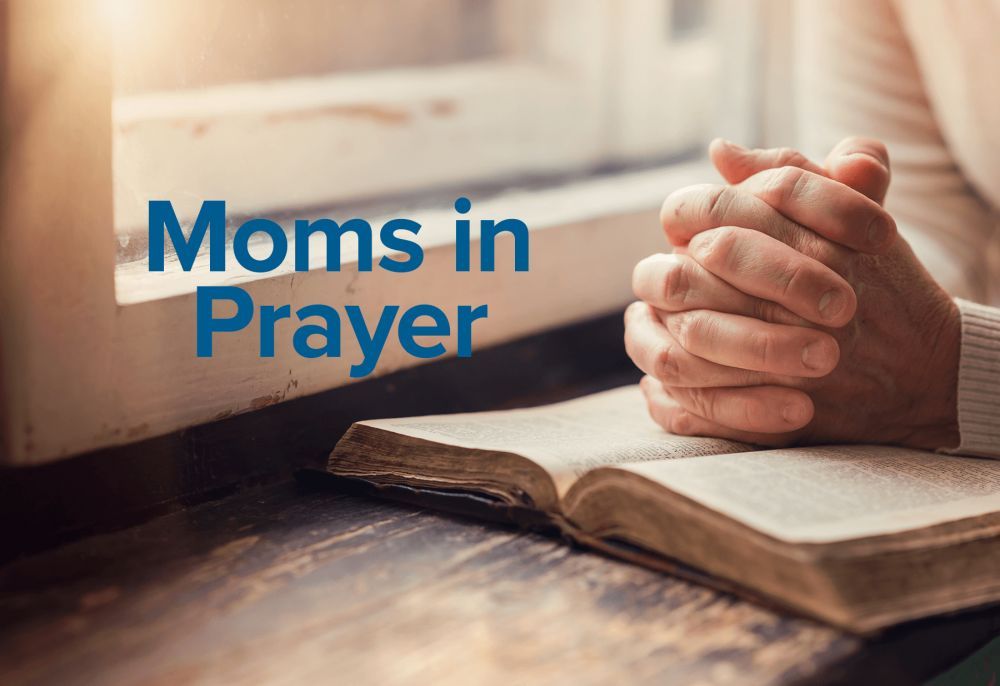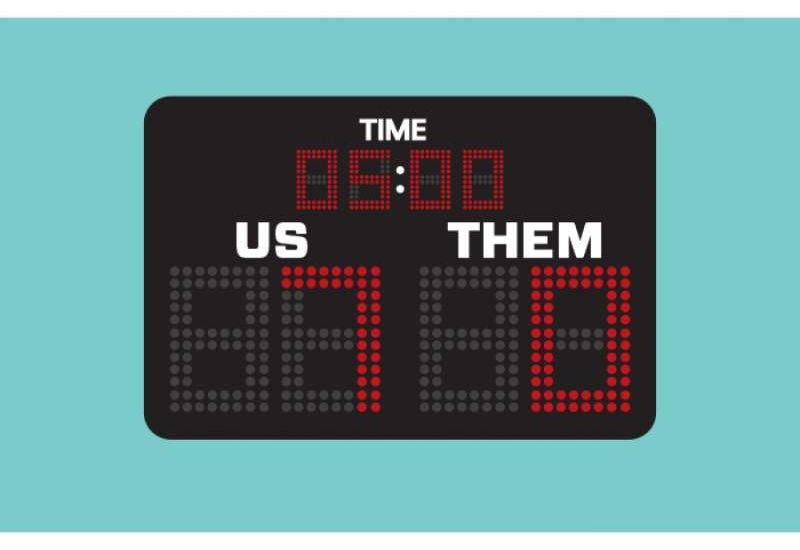
Separation Anxiety Part 2: For Kids
It’s always tough for kids to be away from their parents for long stretches of time. Handling separation anxiety does not have to be a big ordeal; however, if you are battling with your own separation anxiety as a parent, you won’t be in a place to best help your son. Before reading this article, we recommend starting with Separation Anxiety - Part 1: For Parents. While it may seem ridiculous to think that you could be suffering from separation anxiety, chances are you’ll come to find that this article will help you in adjusting to your son starting school.
The first day of school is fast approaching. All the requirements for enrollment are submitted, and the school supplies and backpacks are stowed in the closet. The child’s study desk is set up and ready for use. You’ve focused on how to best help your son get organized and now the stressful days leading up to the first day of school are behind you.
Your child may experience separation anxiety before and during the first days of school, but it does not have to become a problem.For parents, their son beginning school is an emotional milestone, accompanied by visions of proud moments, like the day when he will receive his diploma. It is also a source of new challenges as parents become inundated with new routes to work, parent-teacher conferences, and the onslaught of last-minute hunts for homework. This could be overwhelming, but you’ve mentally and emotionally prepared.
However, for your son, school may mean the collapse of his world. Until beginning school, his experiences have been linked with familiar people and surroundings. The prospect of being somewhere strange, and apart from his parents, may induce separation anxiety.
Separation Anxiety in Kids
A study published by the Anxiety and Depression Association of America found that one out of every 8 children is affected by anxiety disorders. Research shows that untreated children with anxiety disorders are at higher risk to perform poorly in school. However, if parents can recognize anxiety and deal with it early, it does not have to become an issue for your son.
According to Dr. Joel Sherill of the National Institute of Mental Health, separation anxiety is “characterized by extreme anxiety and distress upon separation from parents or from other familiar people.” It is natural for children to become upset when parted from familiar faces; however, if they react physically or with violent emotion, separation anxiety for kids becomes a real concern.
Red Flags for Separation Anxiety
Children are not analytical when it comes to their emotions. A child upset that his parents are leaving him only knows that he does not want to be left alone. He will not trace the source back to the looming thoughts of school and his fears for the future. It is up to the parents to be on guard for the red flags of separation anxiety shown by children.
- Overreaction. Your son dislikes any mention of either parent leaving the house. Whether you are going to work or simply dropping by a neighbor’s, take notice if your son throws a tantrum, or clings to your arm or leg with no intention of letting go.
Such a red flag may be exacerbated by a harsh reaction on your part, such as his hands being pried loose and you leaving quickly. Already afraid of separation, it might be heightened by a sense of rejection.
- Excessive worrying. Your son worries about being permanently separated from you. This manifests in morbid thoughts, such as suggesting that you might be run-over or contract a fatal disease. In the same way, he might refuse to play outside because of the fear of getting kidnapped or becoming severely injured while playing.
What worsens this red flag is anxiety on the side of the parent. If the child is afraid to be left alone, and the parent worries in his presence about the same thing, his worrying will only grow. If you’re dealing with your own separation anxiety as a parent, check out our article for parents.
- Insomnia and nightmares. Your son cannot sleep because he fears being alone, that his parents are “out of his sight” when he is sleeping. Linked to that, he may have nightmares of being alone or separated. With nightmares like these, the insomnia is then aggravated.
What worsens this red flag most is lack of acknowledgement and respect for the child’s fears. Sending him back to bed when he is found awake will leave the fears in place. Worse still, he might stop talking openly about his problems.
Combating Separation Anxiety
First, it is important to realize that no one is immune to separation anxiety. Look for the warning signs in the weeks leading up to school. Early identification means early intervention, which is better for your son. If he asks questions or makes comments that reveal his worries, take time to address them calmly and matter-of-factly.
Second, keep an open attitude toward your son, and encourage him to talk about how he feels. Don’t sit him down at the table and stare him down, intensely. Choose a casual setting such as over dinner, or during a car ride. Often a calm, listening ear is all that is needed to dispel the anxiety. Your son will know and learn that he can talk to you about any problem; this will go far in your relationship with him.
Third, acknowledge his feelings. What your son really needs is your reassurance: that you will always come back for him, you will always know where he is, and you will always be there when he needs you. Tell him similar phrases and ask him to repeat every line back to you as he hears it. This ritual will give him a memory to hang on to even when he is apart from you.
On the practical side, take the time to pre-empt separation anxiety if you can by turning the mysterious “school” into familiar territory. Bring your son by PDS. Allow him to see one classroom he’ll be using. Let him meet the teachers and staff. Let him ask questions and move at his pace. As familiarity increases, the possibility of your son getting separation anxiety will decrease.
You could also give your son something tangible to have with him at school, like a personalized pin or keychain for his bag. A “goodbye” ritual, something as simple as a checklist and then a hug and a kiss, can calm him through a sense of stability and normality. A reminder of home also reinforces your assurances.
Your child may experience separation anxiety before and during the first days of school, but it does not have to become a problem. With patient reassurance, familiarization with the new surroundings, and constant understanding, your son can learn to regard the first day of school as an adventure instead of a source of fear.
This email address is being protected from spambots. You need JavaScript enabled to view it.
Available year-round!
We love showing off our campus and our boys.
To Schedule a tour, contact Rachel Bishop, Director of Admission at











